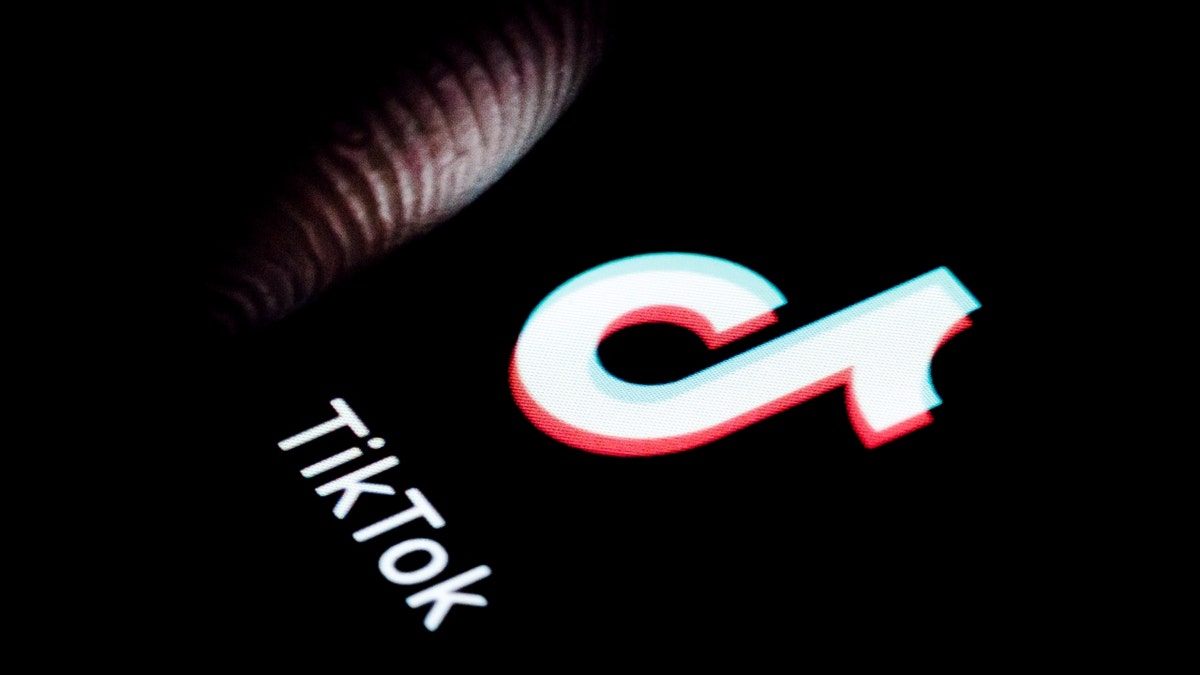Bipartisan group of senators unveil bill to crack down on TikTok
Sen. John Thune, R-S.D., on his bill that would give the Biden administration greater power to regulate the Chinese-owned company.
Advances in neuroscience, engineering and artificial intelligence have brought us a world of greater brain transparency. With consumer brain wearables coming of age, we can now monitor brain activity as easily as we track heart rate, blood oxygen levels and steps taken in a day; which will revolutionize our relationship with technology and understanding of ourselves and each other.
Consumer brain wearables can empower us to take charge of our mental health and wellbeing, but they also threaten our last bastion of freedom.
Consumer brain wearables are devices with brain sensors embedded into everyday technology like ear buds, headphones and watches that can detect brain activity to give us insight into our own minds. Powerful algorithms can decode and classify brain activity to tell whether a person is focused, stressed, engaged, frustrated, mediating and more. Which means that as you listen to music or take a conference call, your brain activity can be recorded in real-time.
NSA DIRECTOR CONCERNED OVER TIKTOK'S INFLUENCE, WORRIED ABOUT 'DATA THAT THEY HAVE'
I’m not talking about the future. I’m describing technology that has already arrived.

TikTok is just one example of how China monitors behavior of people using certain technology. (Photo by Thomas Trutschel/Photothek via Getty Images)
Hundreds of thousands of brain wearable devices are already in use worldwide by people to meditate, improve their focus, track their sleep activity, decrease their stress levels, or even play video games with their minds. Already they are helping people with ADHD to better manage their symptoms may soon give people with epilepsy advanced warning of impending seizures.
Brain wearables can’t literally read our thoughts, but they can be used to probe a person’s mind for recognition of facts, numbers, words, shapes, images and even political biases.
Which is why they also introduce unprecedented risks to our mental privacy and threaten a new kind of neural surveillance. These are risks that are already being realized in places like the People’s Republic of China, where workers and students have reportedly been compelled to use brain wearables to track their attention and focus throughout the day.
Conductors of the busiest high-speed rail line in the world — the Beijing–Shanghai line — have brain sensors embedded in the brims of their hats. So do workers at utilities like Hangzhou Zhongheng Electric and the State Grid Zhejiang Electric Power.
Workers have been sent home when their brain metrics reveal less than stellar performance, or their emotional states risks workplace disruption. And Chinese citizens’ minds are purportedly being probed for citizens’ loyalty to the Chinese Communist Party.
It isn’t just state employees in China who are subject to neural surveillance. In 2019, the Wall Street Journal revealed that fifth-grade students at a primary school in Jinhua were required to wear headsets to track their brain activity, which fed data to their teachers, parents, and the state about their focus and attention during their school day.
This kind of compelled neural surveillance, particularly by an authoritarian state actor, irrespective of what can or cannot be inferred from brain activity has a chilling effect on freedom of thought, is used to enforce conformity and undermines the very ability to think freely.
CLICK HERE TO GET THE OPINION NEWSLETTER
We should be particularly concerned by the misuse of data from brain wearables being sold into the U.S. market by regimes that do not respect freedom of thought. Flowtime, a popular brain wearable device being sold in the United States and abroad, is manufactured by Hangzhou Enter Electronic Technology (Entertech), a Chinese-based company.
Brain wearables can’t literally read our thoughts, but they can be used to probe a person’s mind for recognition of facts, numbers, words, shapes, images and even political biases.
Entertech has accumulated millions of brain activity recordings from people worldwide engaged in everything from mind-controlled video game racing to working and sleeping. But Entertech collects far more than brain activity data from its users.
It also records their personal information, GPS signals, device sensors, computers, services a person is using, their IP addresses, operating systems, referring web page and other pages visited. Which means the U.S. government shouldn’t just investigate whether it should ban TikTok, but whether brainwave data is being recorded from U.S. users while on the platform, too.
CLICK HERE TO GET THE FOX NEWS APP
We must move quickly to safeguard the right to self-determination over our brains and mental experiences. We should begin by recognizing a human right to cognitive liberty, to secure individual self-determination over corporate or government interests of peering into brain.
We also urgently need greater public dialogue over the potential uses and implications of consumer neurotechnology. We should act quickly to ensure these devices are used to benefit humanity, and not as a tool of apparent or actual mental surveillance and manipulation.


